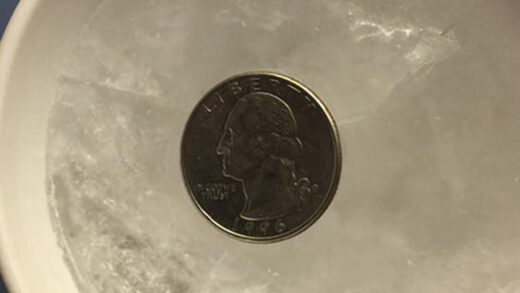Global morbidity and mortality are significantly impacted by obesity and its effects. Nowadays, obesity is viewed as a global epidemic that is frequently triggered by T2D.
The World Diabetes Federation estimates that there are currently 537 million adults who have diabetes, and that number will rise to 783 million by the year 2045.
The main treatment for T2D, which is clinically an incurable illness with about 2% of patients experiencing spontaneous remission, is weight loss. Exercise, calorie restriction, and adopting new lifestyle and behavioral habits can help people reach their ideal weight and glycemic control goals.Restricting the intake of food fats, carbs, and cholesterol are examples of dietary changes. Such eating regimens are adopted for T2D reversal as well as management. These are low-calorie diets (LCD), which allow eating of up to 1,200–1,500 kcal per day.
VLCD permits daily caloric intake of between 450–800 kcal. VLCD increases insulin production, encourages rapid weight reduction, and reduces hemoglobin A1c (HbA1c) to pre-diabetes or normal diabetic levels.
In addition to being sustainable, plant-based diets are successful in treating chronic illnesses like T2D. Moreover, foods made from plant sources are full of natural antioxidants, vitamins, and minerals that can help with glycemic control, weight management, and blood lipid improvements.
The intake of a plant-based diet can lower cholesterol levels, as these food products have negligible cholesterol content, are rich in soluble fiber, and are low in saturated fats. Following such diets reduces the risk of developing cardiovascular complications of T2D.
The current review aimed to establish the efficacy of vegan diets and VLCD in managing the glycemic index and body weight of patients suffering from T2D.
A total of 16 studies were reviewed after applying the inclusion and exclusion criteria. Overall, 834 patients with T2D between 42.1-61 years of age were included.
The median dietary intervention period between intervention and follow-up was 17 weeks, the longest period being 74 weeks and the shortest period being 4 days.Body weight, glycemic index, and anthropometric markers did not show any significant reduction with vegan diets compared to a conventional diet for diabetes (control diets). Low-density lipoprotein (LDL) cholesterol significantly decreased in people consuming a vegan diet; however, triglycerides, high-density lipoprotein (HDL) cholesterol, and total cholesterol levels were not affected by the type of diet consumed.
Fasting glucose levels did not differ between the two diets; however, patients achieved lower HbA1c when the vegan diet was followed.
Body-mass index (BMI) and triglycerides did not differ between vegan and control diets. The waist circumference also did not change, while hip circumference measurements were reduced with the vegan diet intervention. Additionally, reductions in the waist-to-hip ratio were recorded with the vegan diet, whereas no such reduction was observed with the control diet.Body weight or anthropometric markers showed no significant reduction with VLCD compared to the control diet. However, fasting glucose and HbA1c significantly reduced after following VLCD.
Furthermore, BMIs showed improvement, and body-weight reductions were documented following VLCD. When combined with exercise, more significant gains in BMI relative to VLCD alone were observed.
Meanwhile, the effects on triglyceride levels were the same with both VLCD and control diets. There was no difference in triglyceride reduction between the VLCD and control diets and non-dietary behavioral therapies and VLCDs.
























